-
Highlight
high purity Vitamin B6 supplement
,99% pure Vitamin B6 extract
,Vitamin B6 plant extract CAS 8059-24-3
-
Product NameVitamin B6
-
CAS8059-24-3
-
Purity99.9%
-
AppearancePower
-
Shelf Life2 Years
-
MOQ5KG
-
PackingFoil Bag,Bottled,Drum,Carton,Container
-
QualityNatural Raw Materials, Safe And Harmless, No Addition
-
EINECS232-503-8
-
Place of OriginShaanxi, China
-
Brand NameBaisfu
-
CertificationVitamin B6
-
Model Number8059-24-3
-
Minimum Order Quantity5kg
-
Price6.59USD
-
Packaging DetailsFoil bag,Bottled,Drum,Carton,Container
-
Delivery Time10-15 work days
-
Payment TermsT/T,Western Union,D/P,L/C
-
Supply Ability20,000 kilograms a month
Baisfu High Purity 99% Vitamin B6 CAS: 8059-24-3
Vitamin B6 is an important member of the water-soluble B vitamins (chemical formula C₈H₁₁NO₃), naturally found in many foods and also synthesized artificially. It participates in various metabolic processes in the human body in its active form. Characterized by its "multifunctional metabolic regulation and broad physiological activity," it is widely used in daily chemical and other fields and is an essential nutrient for maintaining normal human physiological functions.
Chemical Composition: The core active forms are pyridoxal (PL), pyridoxine (PN), and pyridoxamine (PM), which can interconvert in the body to exert physiological effects together. Commercial products are mostly in the form of pyridoxine hydrochloride (with greater stability), with a purity typically ≥98% (food grade/pharmaceutical grade).
Physical Properties: Pyridoxine hydrochloride is a white crystalline or crystalline powder, odorless, with a slightly bitter taste; melting point approximately 205-209℃, with good thermal stability, not easily decomposed at conventional food processing and health product preparation temperatures, but sensitive to light.
Chemical Properties: Highly water-soluble, does not easily accumulate in the body (excess can be excreted in urine); stable in acidic environments, easily decomposed in alkaline environments; can synergistically interact with proteins, amino acids, and other components, participating in various enzymatic reactions without significant chemical reaction conflicts.
| Product Name | Vitamin B6 |
| CAS | 8059-24-3 |
| EINECS | 232-503-8 |
| Type | Food Flavors |
| Brand Name | BAISIFU |
| Appearance | Power |
| Shelf Life | 2 years |
| MOQ | 5KG |
| Origan | Shaanxi,China |
| Purity | 99% |
| Packing | Foil bag,Bottled,Drum,Carton,Container |
| Storage | Sealed in dry,Room Temperature |
-
Food Industry
Fortified Foods: Used in infant formula, children's growth milk powder, school meals, elderly food, sports food, etc., to enhance nutrient content, compensate for nutritional deficiencies in natural foods, and support growth, development, and health maintenance.
Regular Foods: Added to bread, biscuits, pastries, beverages, condiments, etc., to improve nutritional value without affecting taste or shelf life, aligning with the trend of healthy food consumption.
-
Daily Chemicals Industry
Skincare Products: Added to face creams, lotions, serums, shampoos, conditioners, etc., to participate in skin keratin metabolism and hair follicle health maintenance, helping to improve seborrheic dermatitis and hair loss, suitable for oily skin, problem skin, and damaged hair.
Oral Care: Used in toothpaste, mouthwash, etc., to help relieve angular cheilitis, oral mucosal inflammation, and improve oral health.
-
Multifunctional and Key to Metabolic Regulation: As a coenzyme for nearly a hundred enzymes in the human body, it participates in core physiological processes such as protein synthesis and metabolism, amino acid conversion, hemoglobin synthesis, and energy metabolism. It is crucial for growth and development, maintaining immune function, and nervous system health, making it an "all-around" nutrient.
-
Naturally Safe and Highly Tolerable: Naturally found in meat, fish, legumes, nuts, and other foods, its artificial synthesis processes are mature (chemical synthesis or microbial fermentation), resulting in high product purity and few impurities. It is non-toxic when used within the prescribed dosage; excessive intake (more than 100mg daily) may cause neurotoxicity, but the risk is extremely low in daily use.
-
Water-Soluble and Easily Absorbed, Suitable for Multiple Uses: Its water-soluble properties make it easily digested and absorbed by the body, unaffected by fat metabolism, making it suitable for various populations. It is resistant to processing and easy to combine, working synergistically with other vitamins (B complex, vitamin C) and minerals (iron, zinc) to enhance the effectiveness of nutritional supplementation.
- Strong compliance and few application restrictions: It complies with the food fortification agent and health product raw material standards of most countries and regions around the world, such as GB 14880, FDA, and EFSA, and can be widely used in the food and other fields without strict contraindications.

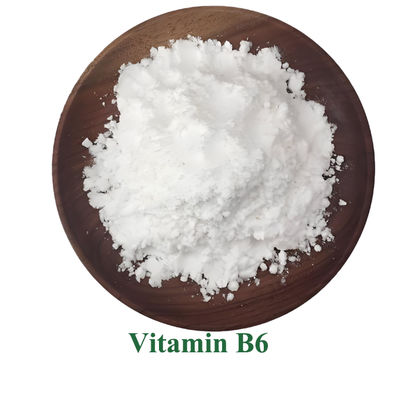
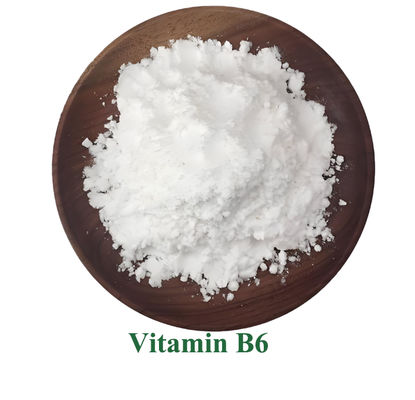
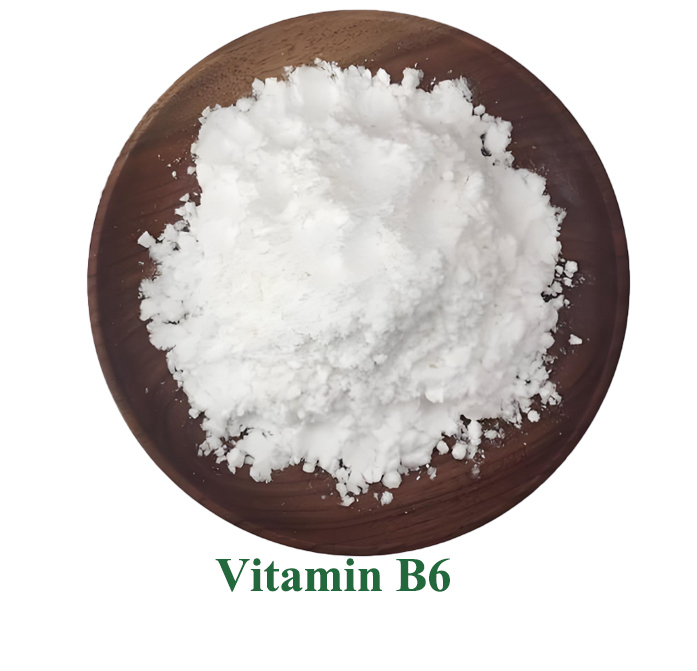
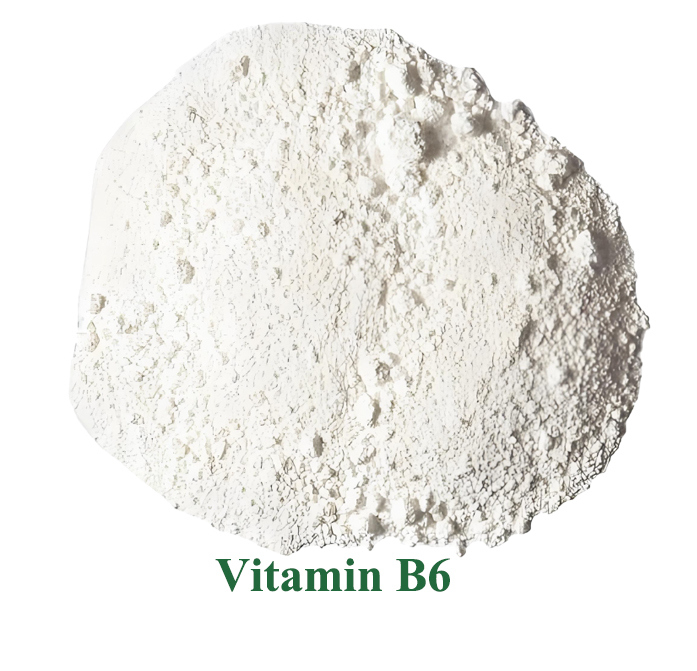
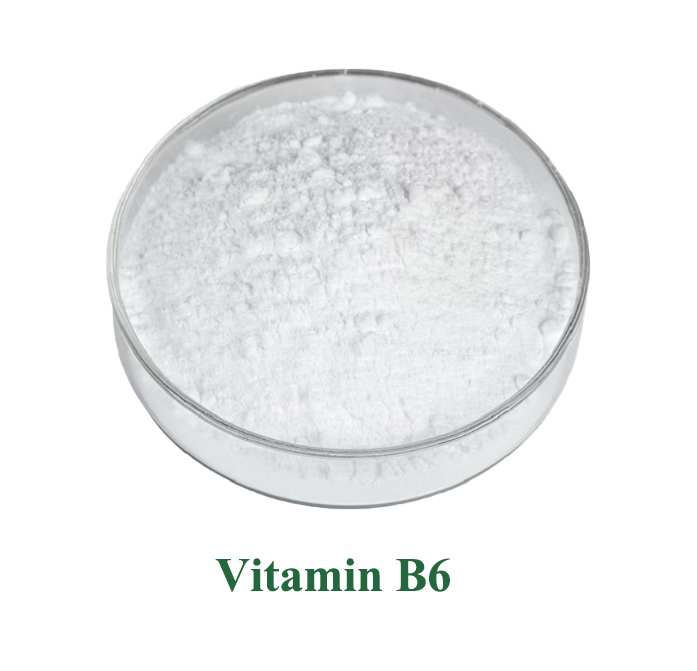
Overall Rating
Rating Snapshot
The following is the distribution of all ratingsAll Reviews